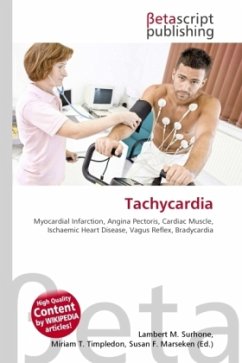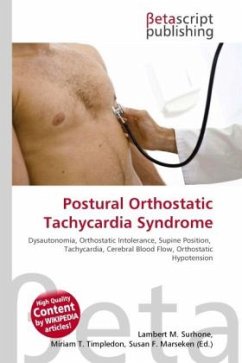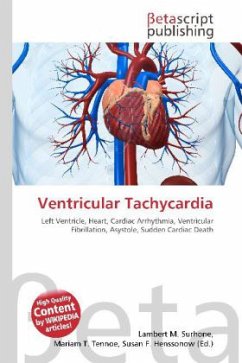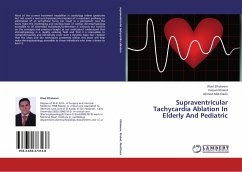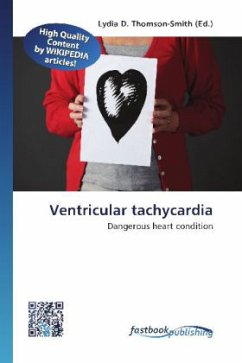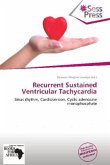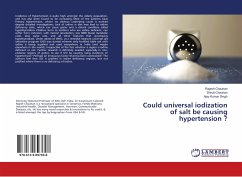High Quality Content by WIKIPEDIA articles! Tachycardia comes from the Greek words tachys (rapid or accelerated) and kardia (of the heart). Tachycardia typically refers to a heart rate that exceeds the normal range for a resting heartrate (heartrate in an inactive or sleeping individual). When the heart beats rapidly, the heart pumps less efficiently and provides less blood flow to the rest of the body, including the heart itself. The increased heart rate also leads to increased work and oxygen demand for the heart (myocardium), which can cause a heart attack (myocardial infarction) if it persists. This occurs because the decreased flow of necessary oxygen to the heart causes myocardial cells to begin to die off. Acutely, this leads to angina; and chronically to ischemic heart disease.
Bitte wählen Sie Ihr Anliegen aus.
Rechnungen
Retourenschein anfordern
Bestellstatus
Storno

